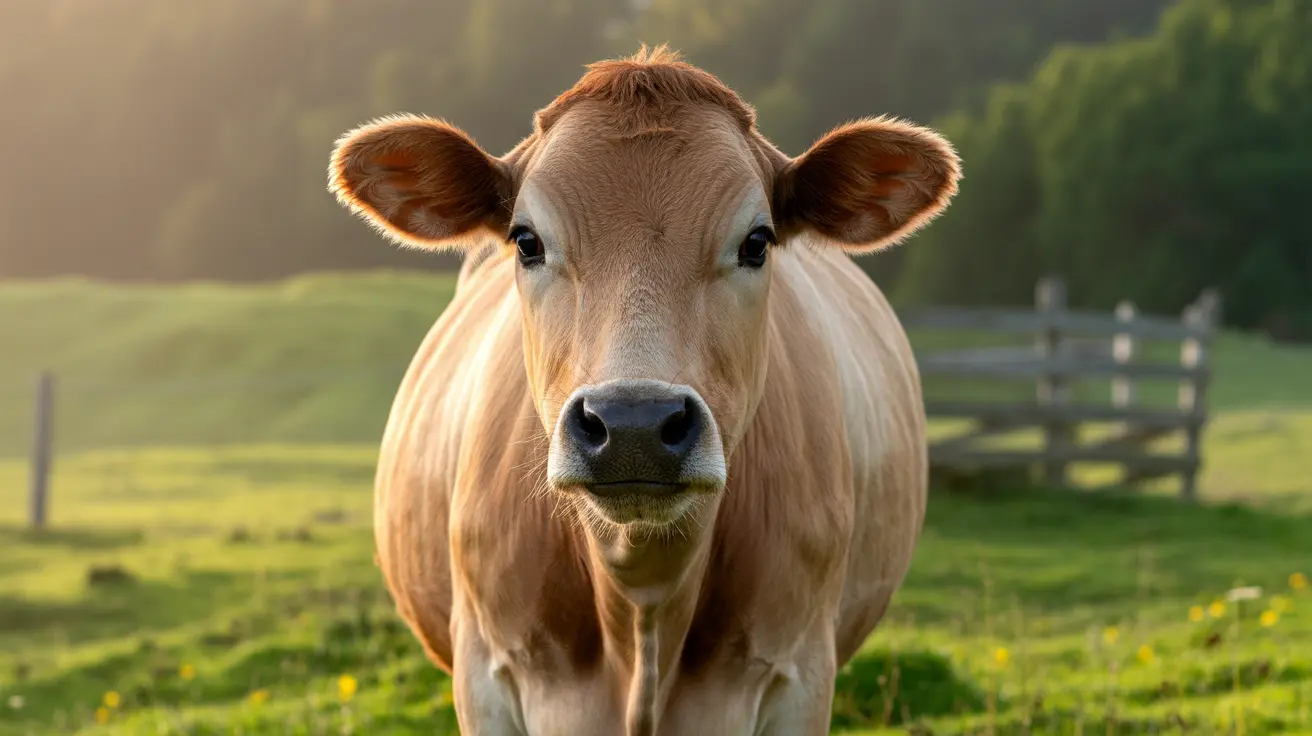Why Chihuahuas Live So Long
Chihuahuas have a well-earned reputation for longevity. It's not uncommon for these little dogs to become beloved family members for well over a decade, sometimes even two. But what exactly gives them such impressive staying power?
The Role of Size and Metabolism
One of the main reasons Chihuahuas outlive many other breeds is their petite stature. Small dogs, in general, tend to age more slowly than their larger counterparts. This slower aging process means they're less likely to develop certain age-related illnesses early on. Their efficient metabolism also helps them maintain good health as they grow older.
Genetics and Breed Characteristics
Chihuahuas come in a variety of coat types, colors, and head shapes (like the apple-head and deer-head). Regardless of appearance, they share some common traits: bold personalities, alertness, and a strong attachment to their humans. While genetics play a role in their lifespan, responsible breeding practices—such as health screenings—can reduce the risk of hereditary conditions like patellar luxation or heart problems.
Diet, Nutrition, and Weight Management
A balanced diet tailored to their age and size is essential. Overfeeding can quickly lead to obesity, which increases the risk of diabetes, heart disease, and joint issues. Regular check-ins with a vet help ensure your Chihuahua gets the right nutrition without excess calories.
Exercise and Mental Stimulation
Despite their tiny size, Chihuahuas need daily exercise—think walks around the block or energetic play sessions—to stay fit. They thrive on mental stimulation too: training games, interactive toys, or just learning new tricks can keep their minds sharp.
Preventive Health Care
Routine veterinary visits are vital for catching health concerns early. Vaccinations, parasite prevention, dental cleanings, and monitoring for breed-specific problems all contribute directly to a longer life. Dental care deserves special mention; with their small mouths prone to overcrowding and gum disease, daily brushing and professional cleanings can prevent oral issues that might otherwise impact other organs.
Environmental Factors
Chihuahuas are sensitive to temperature extremes—especially cold—and should be kept indoors where it's warm and safe. Minimizing exposure to toxins and preventing accidents (like falls or rough play) also helps protect them from harm.
The Impact of Spaying/Neutering
Spayed or neutered Chihuahuas face lower risks for certain cancers and infections. This simple step can add years to your pet's life by reducing preventable health threats.
Common Health Concerns That Affect Lifespan
- Dental disease: Overcrowding leads to plaque buildup and infections that can affect other organs.
- Heart disease: Older Chihuahuas may develop mitral valve disease or congestive heart failure.
- Hypoglycemia: Puppies are especially vulnerable due to small body mass.
- Patellar luxation: The kneecap slips out of place causing pain.
- Obesity: Can trigger diabetes or joint problems.
- Tracheal collapse: Weak windpipe cartilage leads to breathing difficulties.
- Hydrocephalus: Fluid buildup in the brain sometimes appears at birth.
- Eye issues: Prominent eyes are more exposed to injury or infection.
Lifespan Milestones & Notable Cases
The average Chihuahua lives between 12 and 18 years; some reach 20 years or more. The record-holder Megabyte lived an astonishing 20 years and 265 days! There are even reports of Chihuahua mixes living up to 23 years. Here's how Chihuahua age compares roughly with human years:
- 1 human year = 15 dog years
- 2 = 21 dog years
- 5 = 33 dog years
- 10 = 53 dog years
- 15 = 73 dog years
- 20 = 93 dog years
Caring for Your Long-Lived Companion
- Aim for a balanced diet in proper portions (watch those treats).
- Pencil in daily walks or playtime—even short bursts count!
- Sustain regular vet visits and preventive care (including dental cleanings).
- Create a cozy home environment free from hazards.
- If possible, adopt from responsible breeders who prioritize health screenings—or reputable shelters.
- Treat dental care as non-negotiable; brush teeth regularly!
- If you're not planning on breeding your Chihuahua, spay/neuter them for added protection against certain diseases.
If you pay attention to these factors—nutrition, exercise, preventive care, safety—you'll give your Chihuahua every chance at a long life filled with energy and affection. With dedicated attention (and maybe a little luck), your tiny companion could be with you well into their late teens or beyond!





